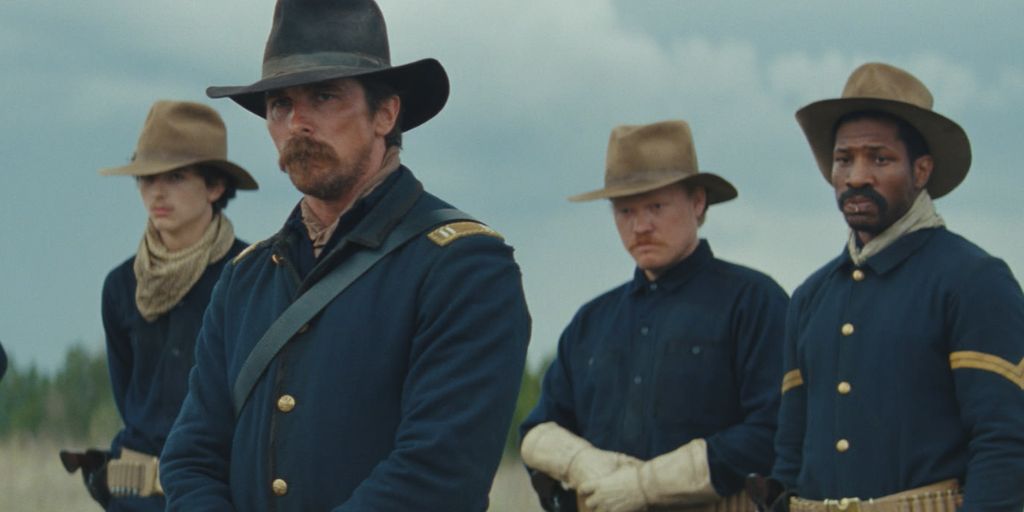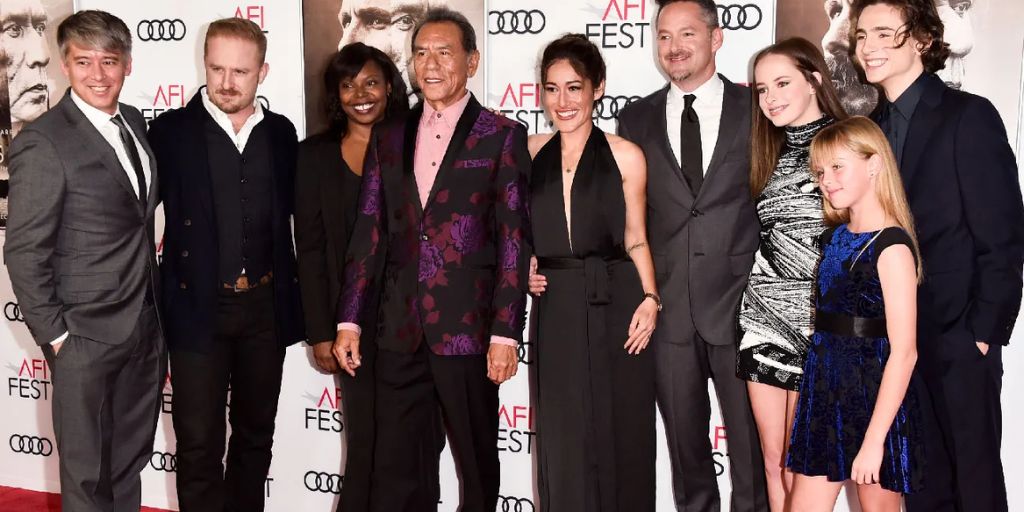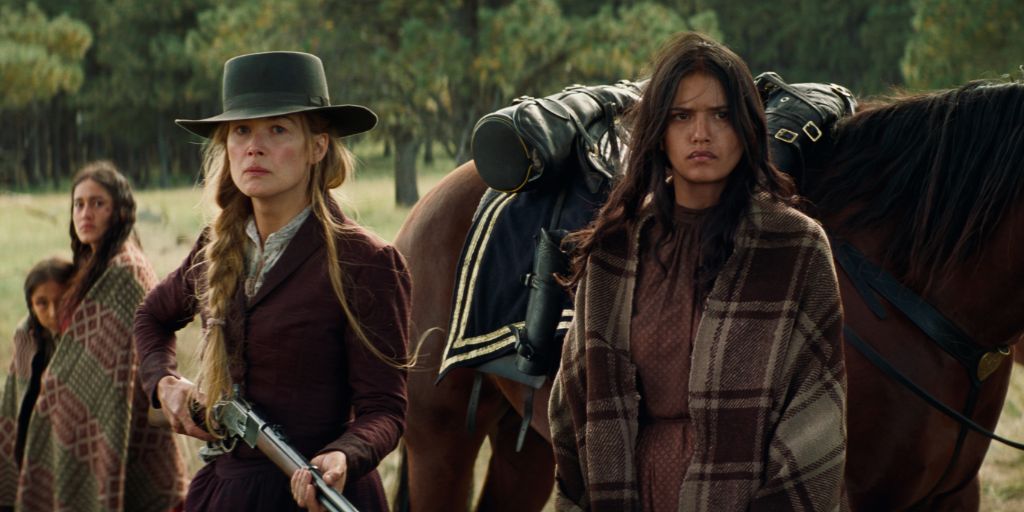Gone are the days of unyielding cowboys like John Wayne. Scott Cooper’s film Hostiles introduces a new kind of Western hero, one who grapples with emotions and self-reflection.
This neo-western goes into the aftermath of war and mental illness, topics rarely explored in classic Westerns. Hostiles tells the story of Capt. Joseph Blocker, played by Christian Bale, who leads a group of soldiers on a mission to escort a Cheyenne war chief and his family to Montana. Blocker and Chief Yellow Hawk, played by Wes Studi, have a history of enmity.
As they face challenges and dangers on their journey, the film sheds light on grief, PTSD, and the complexities of the human psyche. Sgt. Thomas Metz, Blocker’s loyal friend, reveals his struggle with the melancholia, a term for depression during that era.

What emotional challenges does Sgt. Metz face in Hostiles?
Blocker, unaware of how to handle such issues, encourages Metz to join the mission, hoping it will give him purpose. However, the mission takes a toll on Metz, pushing him to a tragic end.
Rosalee Quaid, portrayed by Rosamund Pike, experiences profound grief after her family’s brutal murder. Initially terrified of the Cheyenne, she gradually comes to terms with her trauma and learns to distinguish between friend and foe.

Capt. Blocker’s own emotional journey unfolds as he confronts his past and the consequences of his actions during his military service. Despite his initial prejudices, Blocker evolves, showing compassion towards the Cheyenne and defending them fiercely.
Hostiles bravely addresses mental health in a historical context, offering a nuanced portrayal of characters navigating personal and societal challenges. The film’s focus on universal issues makes it both relevant and compelling, despite its departure from traditional Western narratives.




